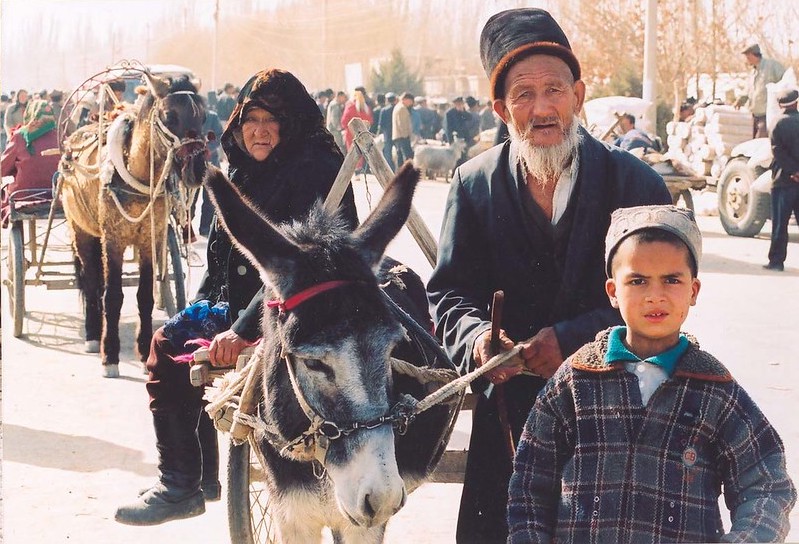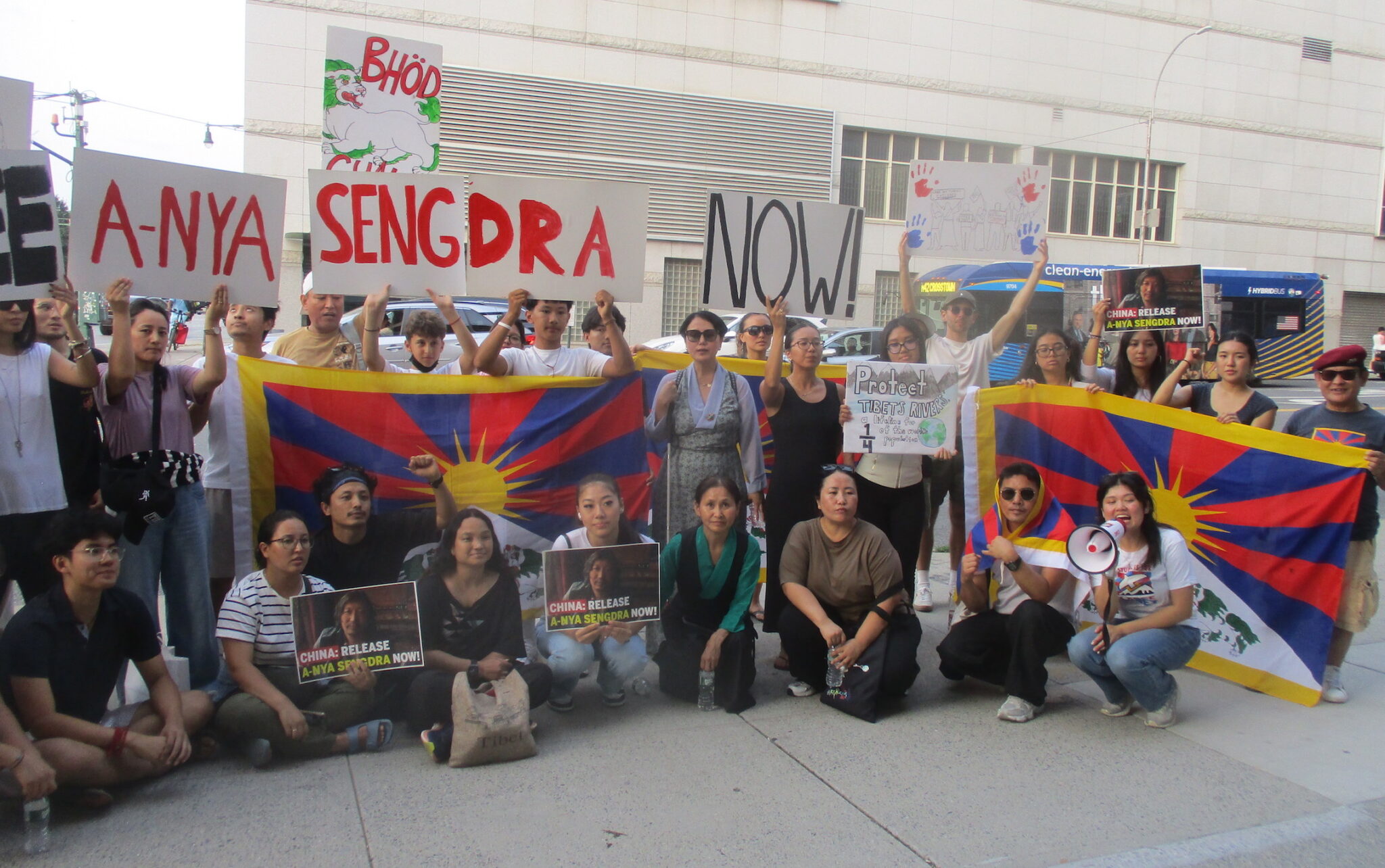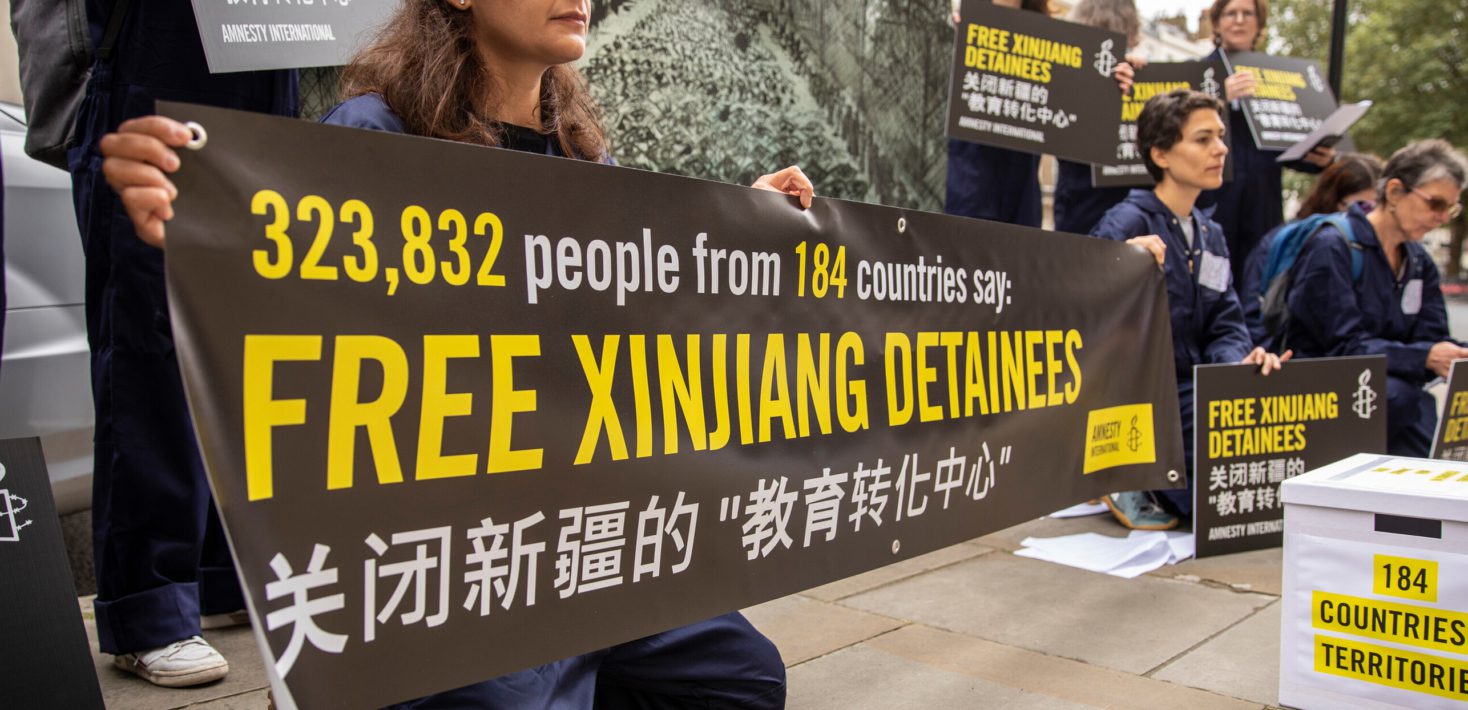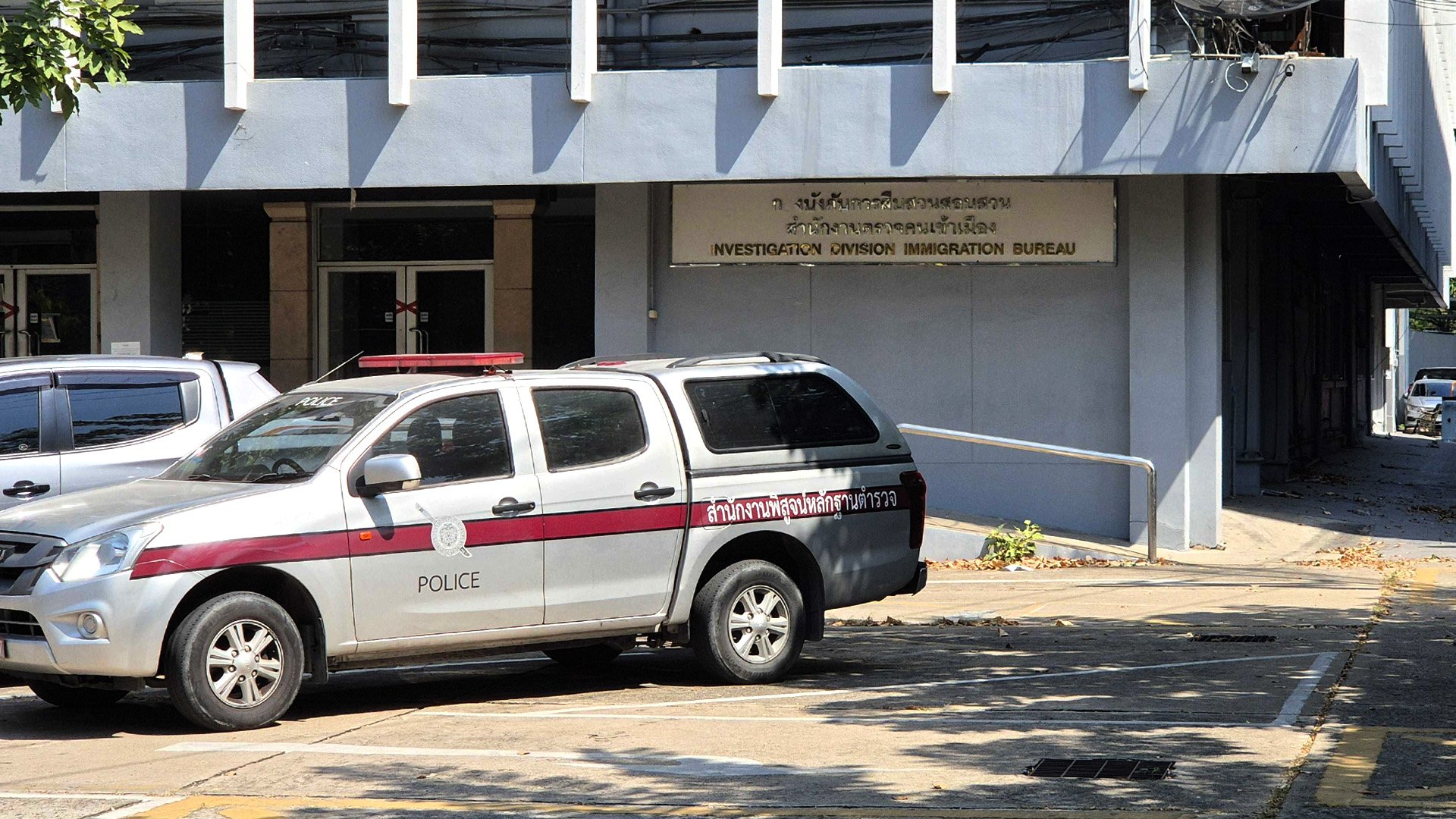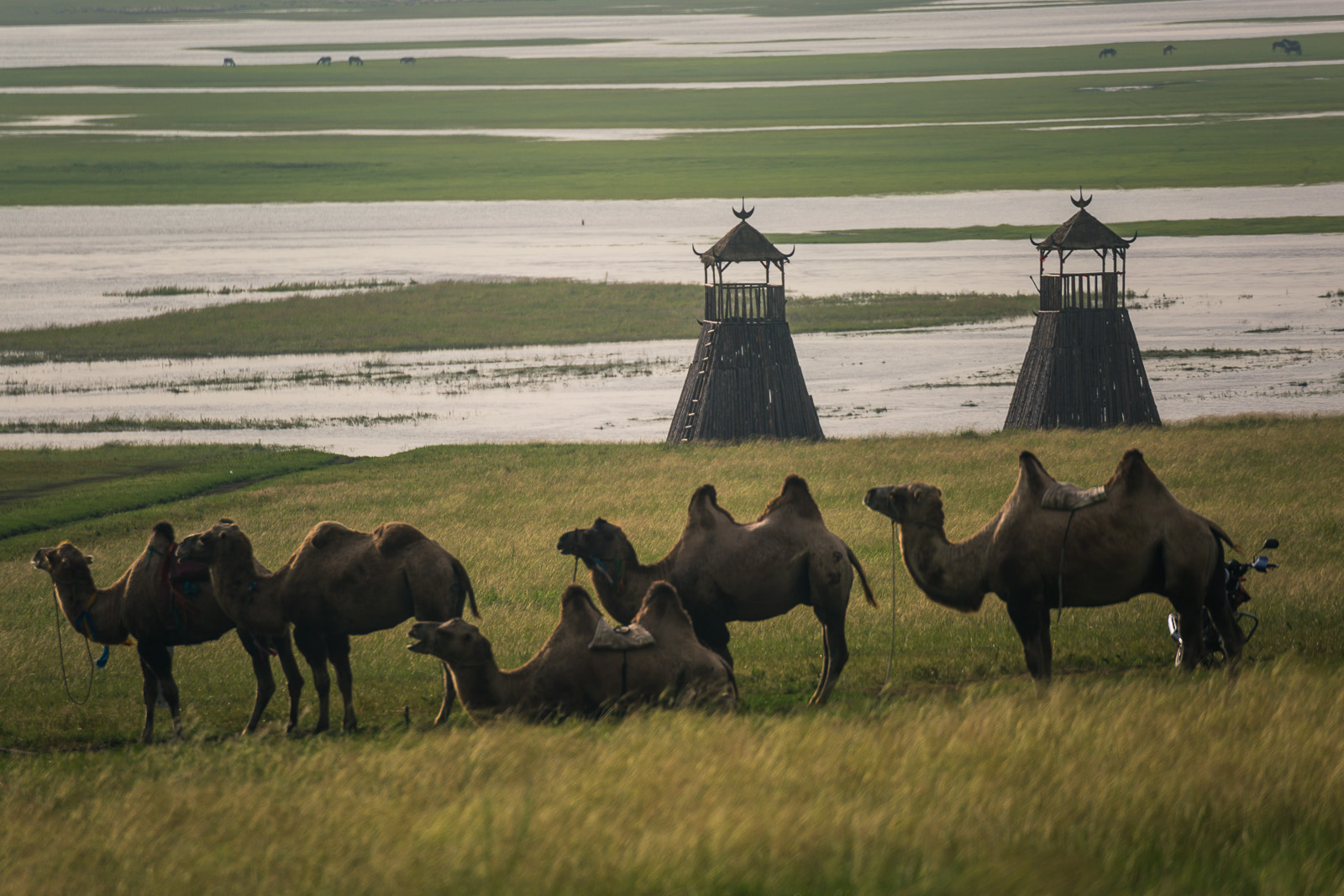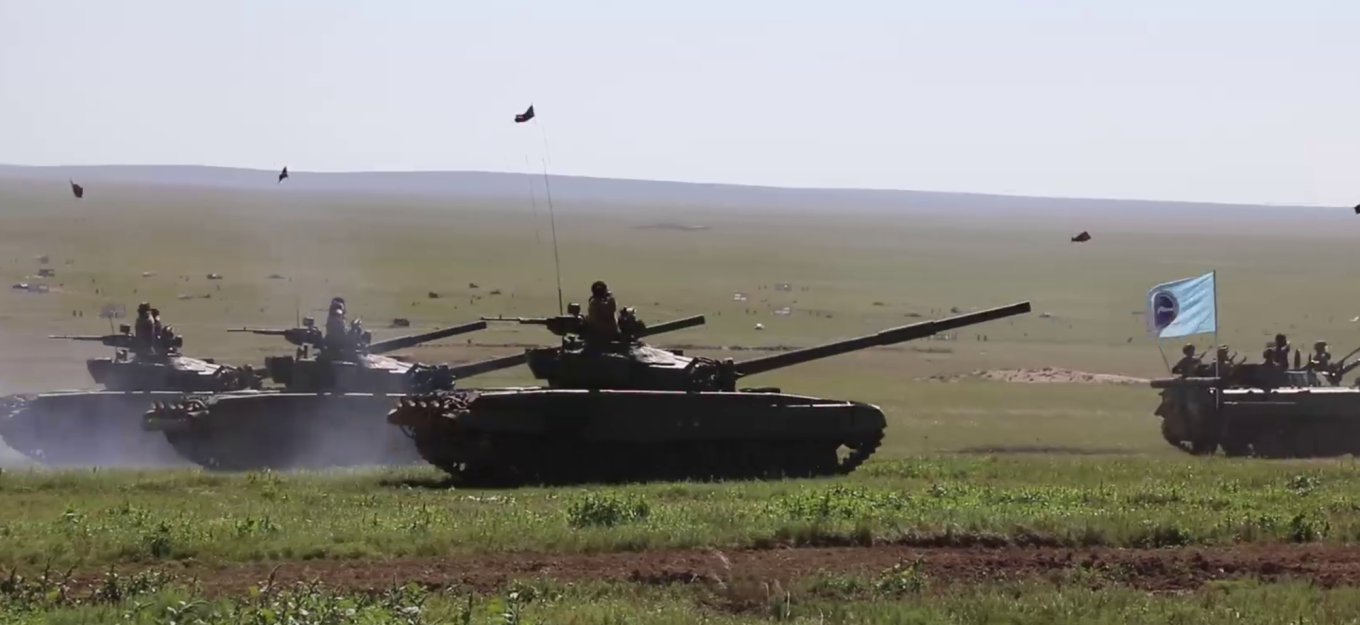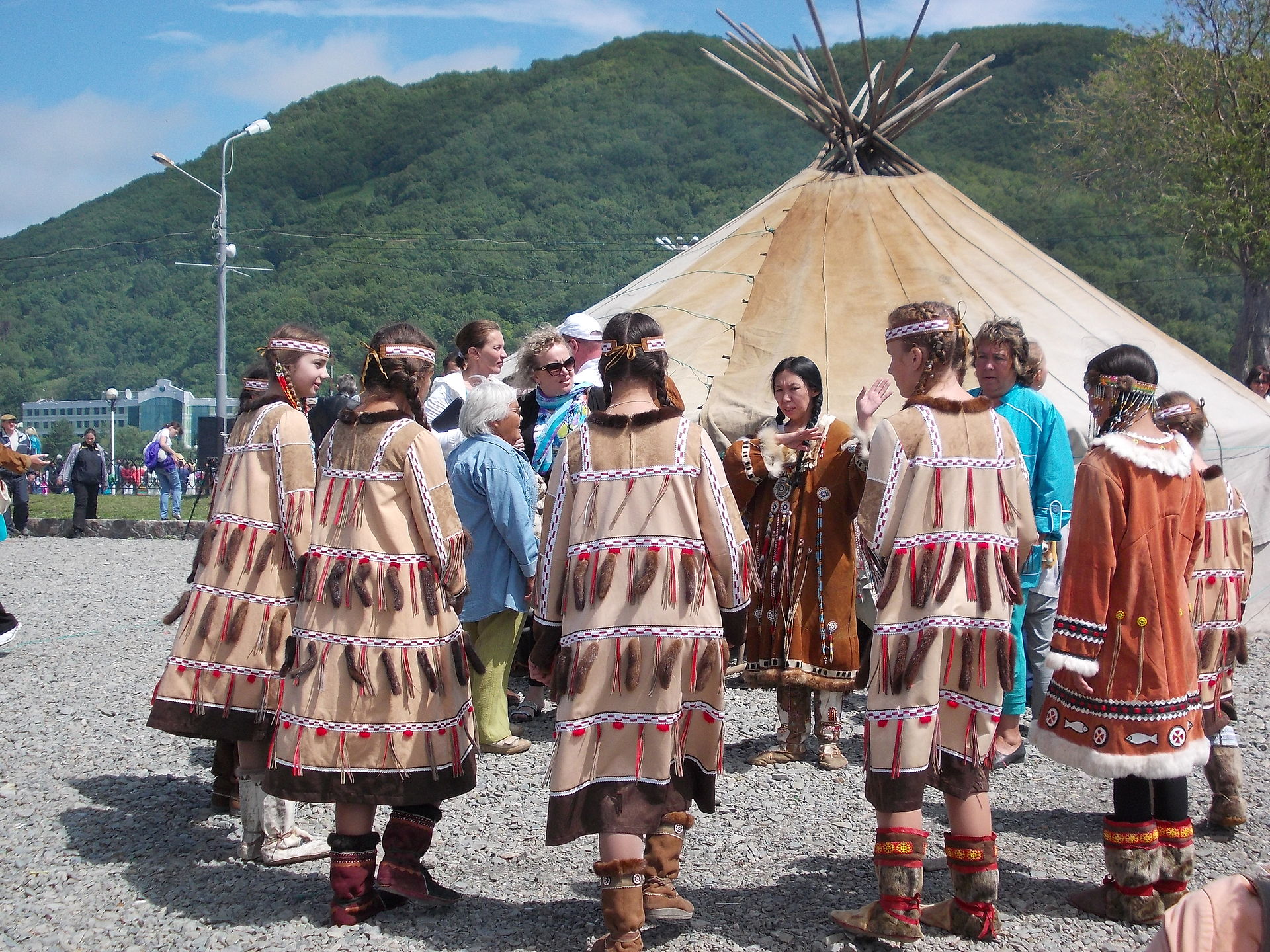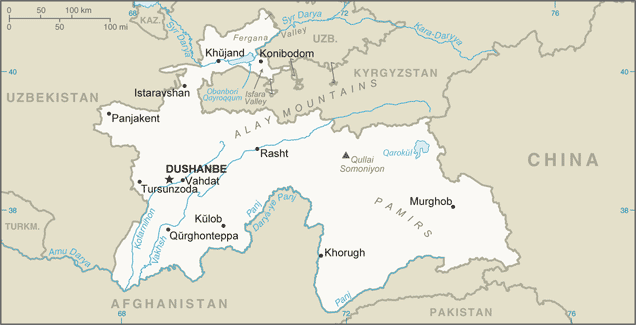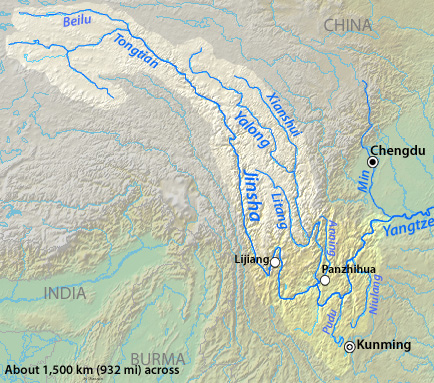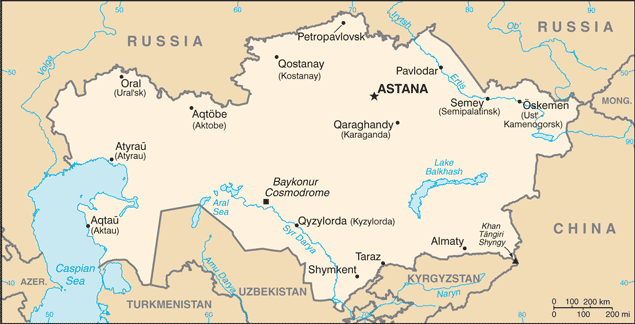
Kazakhstan: activists protesting Xinjiang abuses face prison
Amnesty International called on Kazakhstan to immediately drop criminal charges against 19 activists affiliated the local Atajurt human rights movement who face up to 10 years in prison for participating in a peaceful protest near the nation’s border with China. The demonstrators, many of whom are ethnic Kazakhs originally from China’s Xinjiang Uyghur Autonomous Region, had gathered to demand the release of Alimnur Turganbay, a Kazakhstan citizen detained in China since July under unclear circumstances. Authorities initially pursued administrative charges, including “hooliganism,” imposing fines and short-term detention of up to 15 days. Reportedly, following a diplomatic note from Chinese authorities, prosecutors escalated the case with criminal charges. (Map: Perry-Castañeda Library)



